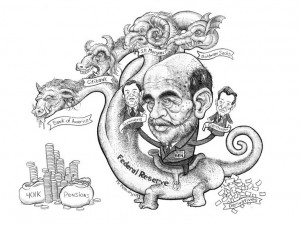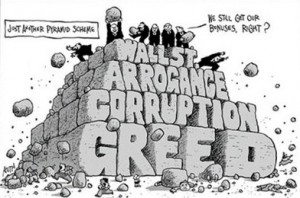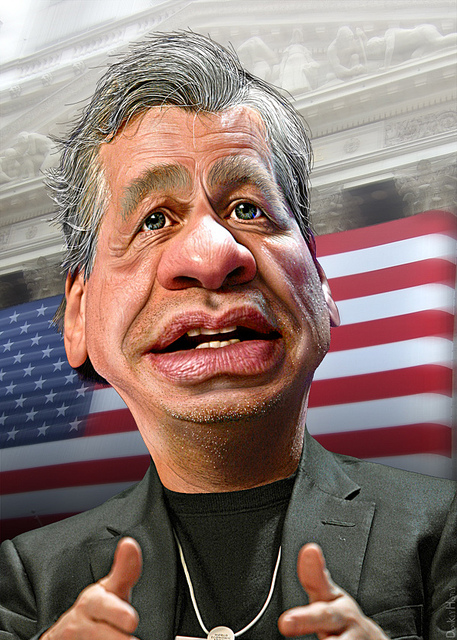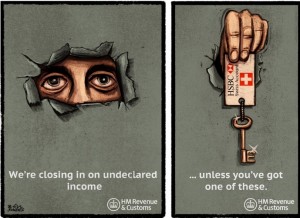Dhiraj Nayyar writes: India’s central banker Raghuram Rajan certainly cheered investors with his second surprise rate cut in less than two months: The country’s benchmark stock index temporarily zoomed to a record after Rajan lowered the repruchase rate, the rate at which commercial banks borrow from the Reserve Bank of India — by 25 basis points to 7.5 percent.
The move should boost investment and consumer sentiment in a country that remains burdened by high interest rates relative to the rest of the world. It should add to any growth momentum generated by Prime Minister Narendra Modi’s first full-year budget.
India does confront several major structural problems that hamper the economy — in land, labor and capital markets — most of which emerge from the excessive and misplaced intervention of its leviathan state. None of those problems, however, preclude a sound macroeconomic environment characterized by low and stable inflation, which is critical to investor and consumer confidence. Between 2010 and 2014, when GDP growth rates cratered, rampant inflation damaged India’s prospects as much if not more than a lack of policy reform. That’s why Rajan has made reining in inflation his top priority.
Three factors could explain Rajan’s decision — all of which involve less-than-flashy measures announced by the government this week. First, Rajan appears convinced that Modi’s administration is serious about improving India’s fiscal position. The central bank governor would always have been reluctant to ease monetary policy as long as fiscal policy was too loose and fueling inflation on its own. Ironically, in the budget, the government actually delayed its fiscal consolidation targets for a year.
Second, for the first time, the government and the RBI have signed a formal agreement on a new montary policy framework. The Finance Ministry has given the central bank an explicit inflation target of 4 percent, plus or minus 2 percent. Any deviation from this target would require an explanation from the RBI governor.
Third, the government has laid out plans for radical reform of the RBI. The bank has been stripped of its responsibility for managing the government’s debt — which posed a conflict of interest given its task of setting rates. More importantly, interest rates will henceforth no longer be decided by the governor alone but by a monetary policy committee.
Modi’s budget may not have been radical enough for some critics, focusing more on incremental reforms rather than the kind of sweeping changes many free-market proponents wished to see. But bringing the Finance Ministry and the RBI onto the same page is a major accomplishment in itself. “This makes explicit what was implicit before — that the government and the Reserve Bank have common objectives and that fiscal and monetary policy will work in a complementary way,” Rajan said in today’s RBI statement. That in itself should be a boost to growth, no less than the mood of India’s giddy punters.











